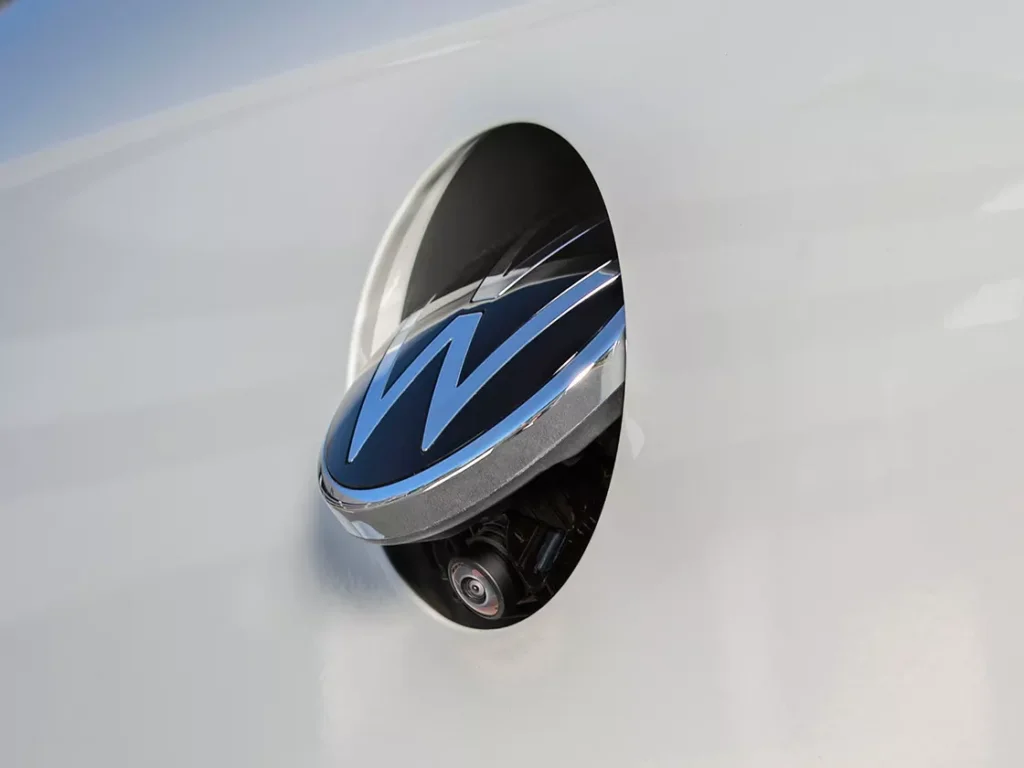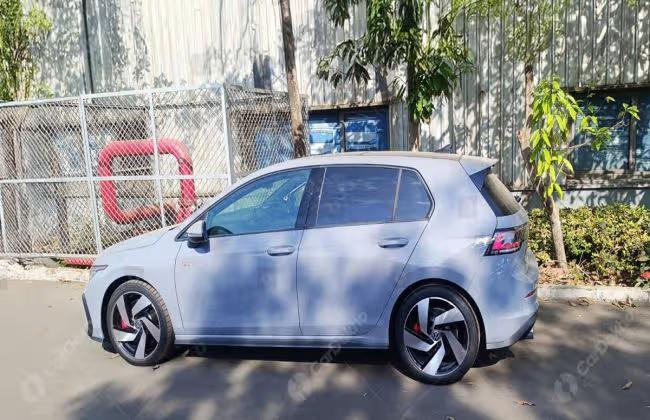
Can Volkswagen Pay $1.4 Billion in Taxes and Stay in India?
Volkswagen’s $1.4 Billion Tax Dispute: Implications for Its Future in India
Volkswagen, the German automotive giant, is embroiled in a significant tax dispute with the Indian government, facing a demand of $1.4 billion. The controversy centers around allegations that Volkswagen’s Indian subsidiary misclassified imported components to benefit from reduced duties over a span of 12 years. This legal battle not only threatens Volkswagen’s financial interests but also raises concerns about its continued presence in the Indian market.

Details of the Tax Dispute
Indian tax authorities assert that Volkswagen systematically misclassified complete car kits as spare parts, thereby evading higher import duties. The customs department claims that this practice dates back to 2012, resulting in significant underpayment of taxes. Volkswagen is currently challenging this tax demand in Mumbai’s High Court, arguing that any delays in providing information were due to the tax officials’ inaction. However, the customs department contends that the delays were caused by Volkswagen’s failure to furnish necessary data, prolonging the investigations.
Government’s Stance
The Indian government has taken a firm stand, warning that quashing the $1.4 billion tax bill could have “catastrophic consequences.” Authorities argue that such an outcome might encourage companies to withhold information and delay investigations, undermining the tax collection process. The government emphasizes the importance of upholding the tax demand to maintain the integrity of the taxation system.

Volkswagen’s Position
Volkswagen has described the tax issue as a “matter of life and death” for its operations in India. The company acknowledges the severity of the situation and is actively seeking a resolution. Despite the ongoing legal challenges, Volkswagen remains committed to the Indian market, as evidenced by its plans to invest in manufacturing electric vehicles (EVs) in the country. Skoda Auto, a subsidiary of Volkswagen, is also exploring partnerships to expand EV production in India, leveraging Volkswagen’s global EV technology.
Impact on Volkswagen’s Future in India
The outcome of this tax dispute is critical to Volkswagen’s strategic plans in India. A favorable resolution would allow the company to proceed with its investment in EV manufacturing, aligning with India’s push towards sustainable mobility. Conversely, an unfavorable outcome could strain Volkswagen’s financial resources and potentially impact its long-term operations in the country. The situation underscores the challenges faced by foreign companies operating in India’s complex regulatory environment.
Conclusion
Volkswagen’s $1.4 billion tax dispute with the Indian government represents a pivotal moment for the company’s future in the Indian automotive market. The resolution of this issue will have far-reaching implications, not only for Volkswagen but also for India’s attractiveness as a destination for foreign automotive investments. As the legal proceedings continue, all eyes will be on the developments, which will undoubtedly influence the trajectory of the automotive industry in India.



